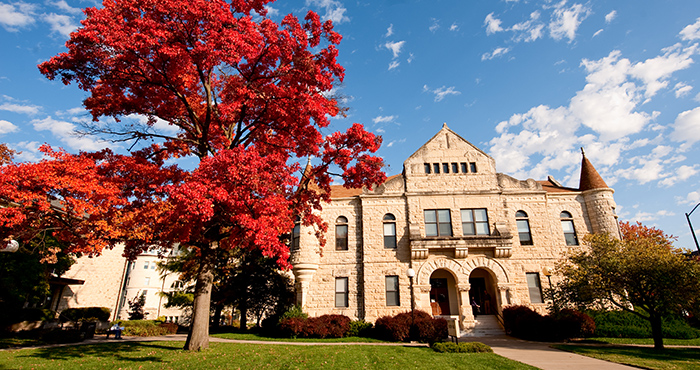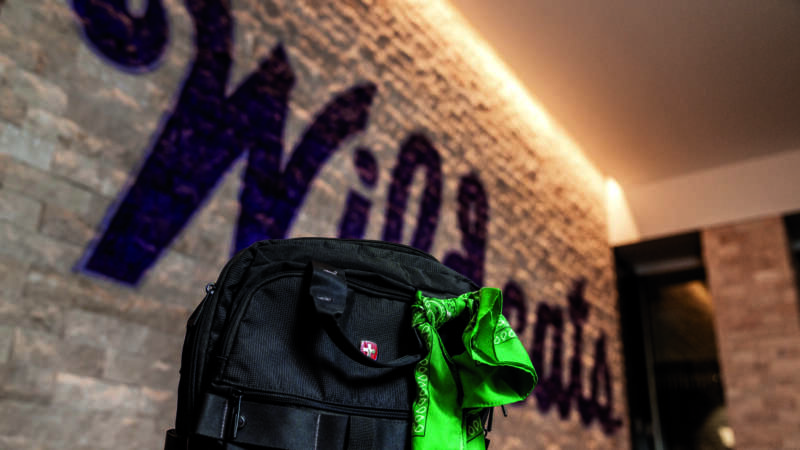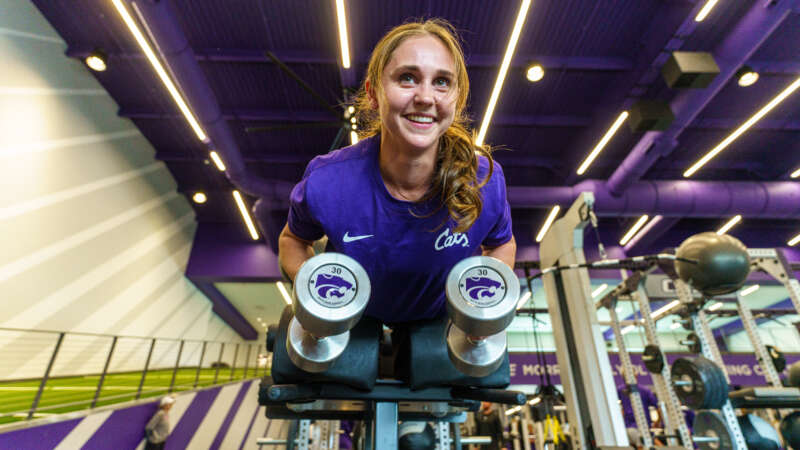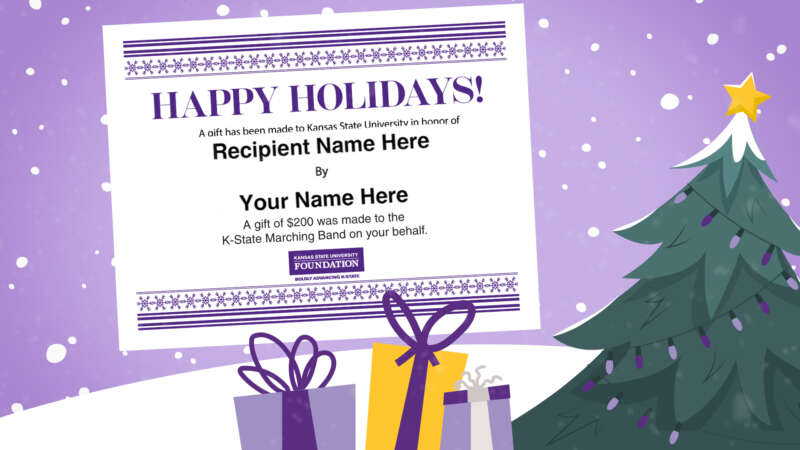How Kansas State University’s Student Access Center accommodates students in need.
Since the 1970s, the Student Access Center has remained committed to accommodating K-State students who face unique obstacles in their daily college life. With the help of the American’s With Disabilities Act (ADA), the Student Access Center has aided and given a voice to students in need of assistance in navigating often unforeseen academic and social challenges that go along with college life.
“The Student Access Center is here to support students with disabilities who attend K-State,” said Jason Maseberg Tomlinson, director of the Student Access Center (SAC). The SAC provides many accommodations to students with disabilities. “Primarily we work with academic accommodations that assist students in having proper access to their courses,” Tomlinson said. “However, along with classroom accommodations, the SAC also works with housing and campus event coordinators to ensure our students’ academic, as well as daily campus life, can be as accessible as possible. We want our students to be able to enjoy the many things K-State has to offer.”
“I was so thankful to the Student Access Center for all they did to help me,” Dalton Burton, 2019 K-State graduate who utilized SAC services said. “Jason, Andrea, Wanda, and the entire SAC staff really helped ensure that despite my physical limitations I was able to have a great college experience.”
The Student Access Center has many classroom and campus accommodations to ensure students with disabilities are not left behind or feel alone in their college experience.
“When it comes to our accommodations, the SAC always puts the students’ needs first,” Tomlinson said. “The services the SAC provides include advocacy for disability accessible housing to ensure all campus housing, including Jardine apartments, meet ADA requirements; interpreters for classroom and on-campus events so those students who communicate with American Sign Language can retain all needed information; classroom note-takers and note-taking assistance technology, such as speak-to-type devices; and distance education advocacy.”
Although heavily focused on providing advocacy and accessibility to students with disabilities in the classroom, the Student Access Center also recognizes and is committed to providing safe and reliable campus accessibility and transportation.
“A student who is physically disabled faces many unique and uncommon challenges in the areas of transportation and mobility. Therefore, it is our mission to ensure we assist the student in navigating these challenges,” Tomlinson said. “The SAC works in conjunction with the ATA Bus program in assisting these students access transportation to and from class, as well as to and from on-campus events that take place during ATA’s operating hours.”
The Student Access Center also works with K-State to ensure all campus sidewalks and buildings meet ADA requirements. “K-State has really done a great job in working with us to ensure that all campus sidewalks and buildings meet ADA requirements,” Tomlinson said. “We have worked together in eliminating all problematic campus curb cuts and obstacles that caused the students we serve issues with navigating campus.”
Currently, the Student Access Center remains focused on continuing to improve its services to better meet the ever-evolving needs of the students they serve. “The Student Access Center is constantly looking for ways to improve our services to better meet the needs of our students,” Tomlinson said.
The effects of COVID-19 on K-State’s budget have caused the SAC to end its long-time golf cart service program, leaving all transportation needs exclusively to the ATA Bus program. While Tomlinson was sad to see the program go, he realized that they need a program that better fits the needs of the students. “The golf cart system, while beneficial to most, did not have the ability, unlike the ATA service, to help those who are wheelchair-confined temporarily,” Tomlinson said. “We are currently searching for a new transportation system in which students in wheelchairs, who are in need of temporary service, can be assisted fully.”
Inclusion, advocacy, and accessibility remain the pillars upon which the Student Access Center is built, and with the financial effects of COVID-19 being felt on the SAC, many of these key services they provide are in danger of being reduced or eliminated. To assist the SAC in furthering its commitment to helping students with disabilities navigate campus life, please consider donating to the Student Access Center fund. More information on this fund can be found at: k-state.edu/accesscenter/support/.
By James Dalton Burton




